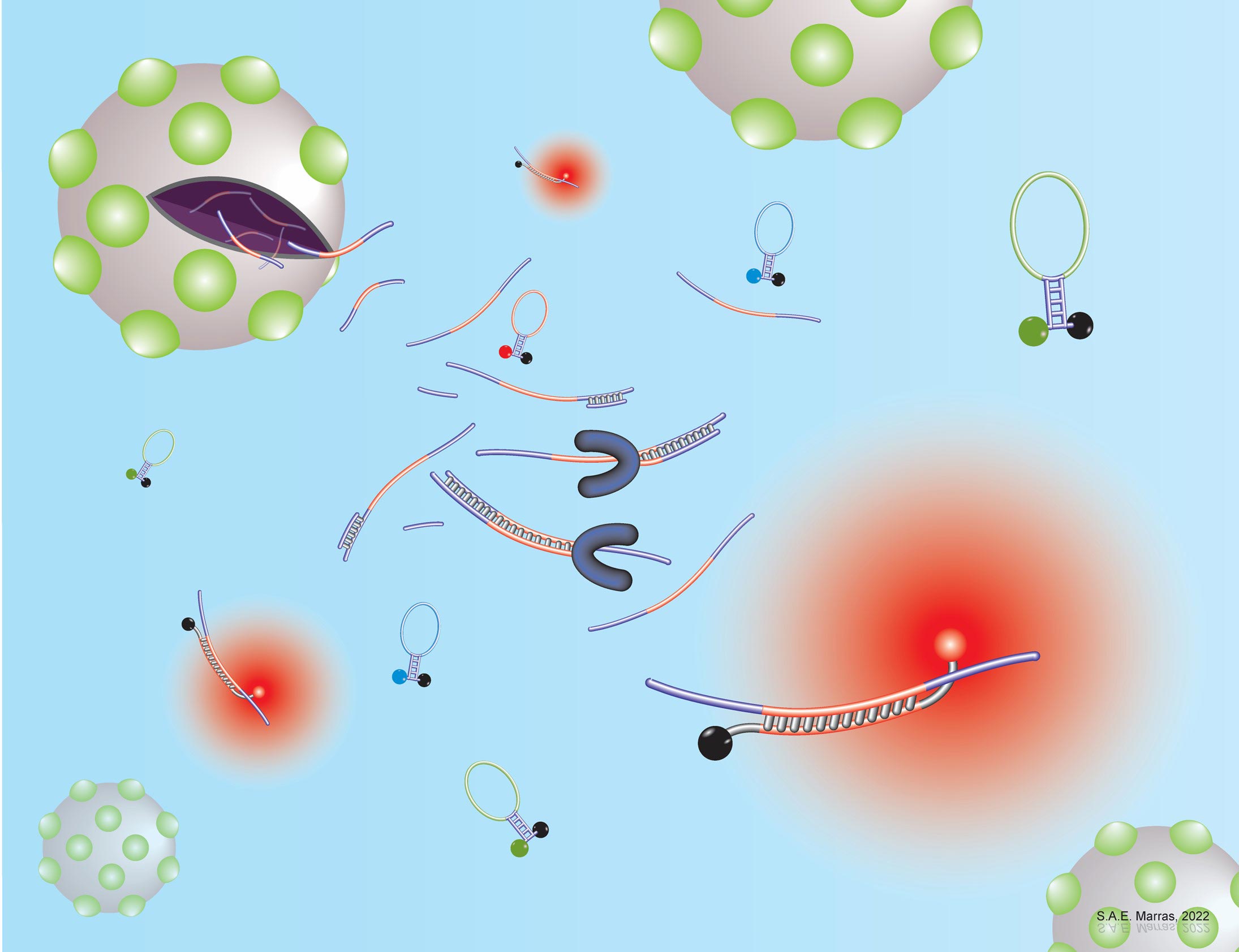Alexandre Couto

The production of composite materials is progressing around the world, driven in particular by emerging applications such as hydrogen tanks
© Pascal Guittet
Recycling carbon fiber composites for demanding applications such as aero, this is Fairmat’s goal. If the process remains mysterious, the start-up claims to bet on a robotic placement of fibers. It has just raised 8.6 million euros to bring its technology to industrial maturity.
With around 62,000 tonnes of composite waste generated each year around the world, the issue of recycling these high-performance materials is increasingly important. But the answers are struggling to emerge, given the technical difficulties. The young growth Fairmat wants to take up the challenge and has just raised 8.6 million euros from the Singular fund and ” of tech entrepreneurs and captains of industries
”.
Fairmat’s ambition is to use “ waste into carbon fiber composites to produce a new high performance composite material
, explains Benjamin Saada, founder of FAIRMAT. Our idea is to reincorporate, in a controlled manner, composites in a new matrix ”. Composite waste will come from aeronautics or the wind energy sector, the first generation of which will soon have to be dismantled.
Neither crushing nor heat treatment
The start-up hardly discloses the details of its process. Only two elements have been put forward: no grinding should take place during the process, so as not to reduce the mechanical properties of the carbon fibers, and the material will also not undergo any heat treatment to separate the fibers from the polymer (as in the case of pyrolysis).
According to Benjamin Saada, it is thanks to robotics and artificial intelligence that new matter will be able to emerge. ” Our technology will rely on several robots to place and align the fibers with precision in the new matrix, in order to obtain the best mechanical properties , explains the entrepreneur. We are also going to develop algorithms that will allow us to maintain a constant quality in the material ”.
First production scheduled for 2022
Fairmat should say a little more in the first quarter of 2022. But is already advancing a gain of 41 kilos of CO2 per kilo of recycled material. “ Ademe estimates that the production of a new carbon fiber composite material produces around 50 kilos of CO2. We have calculated that our process generates 9 kilos of CO2
”, Benjamin Saada counts. Who says that the Fairmat material can be used in applications requiring high performance, especially in aeronautics.
This first round of funding for the start-up will allow the maturation of technologies. Production of the material is scheduled for 2022, in a factory that will have a capacity of 5,000 tonnes per year.
Note: This article have been indexed to our site. We do not claim ownership or copyright of any of the content above. To see the article at original source Click Here













